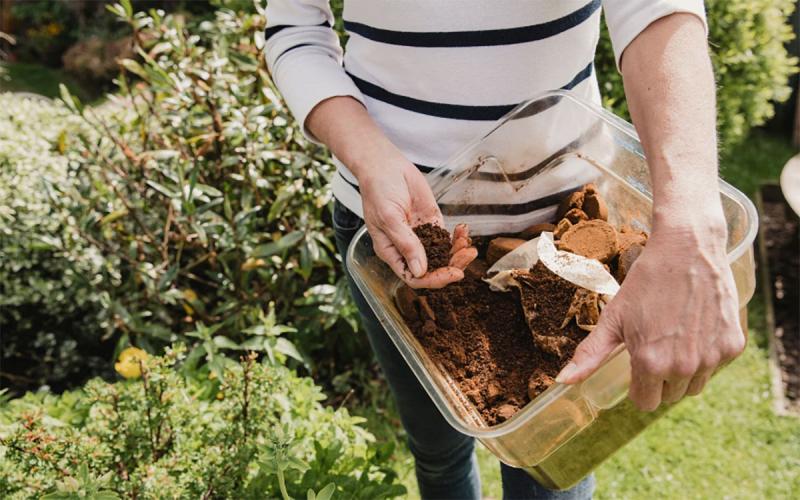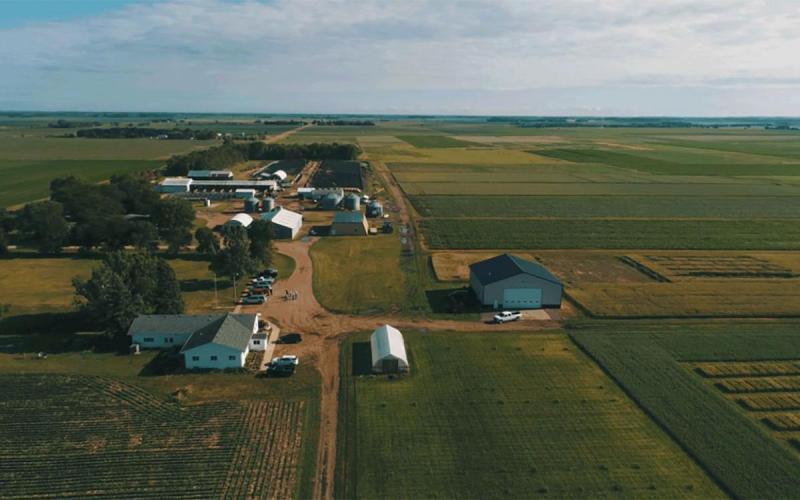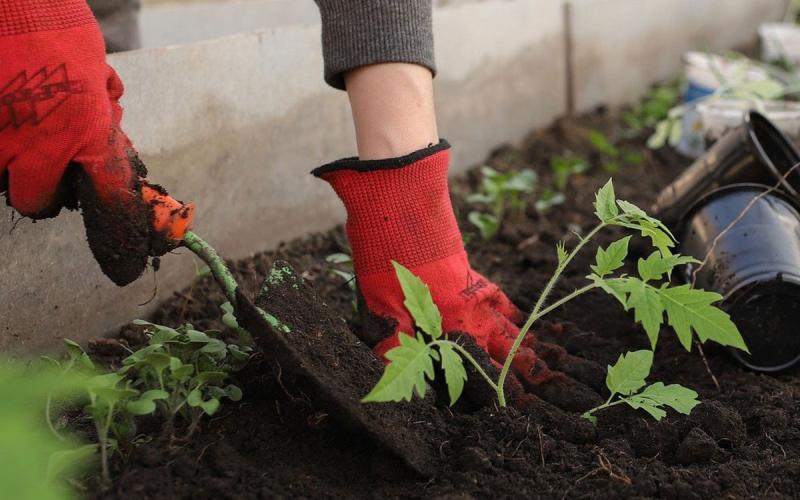
Written by Rhoda Burrows, former Professor & SDSU Extension Horticulture Specialist.
Should you put used coffee grounds in your compost pile? How about on your garden, or in your raised bed? More and more coffee is being consumed, and it’s estimated humans generate somewhere between 6 and 15 million tons of coffee grounds per year! That’s a lot of organic matter to be put to use, and scientists are studying how best to use it.
Coffee grounds do contain nitrogen, but you may not want to toss your fresh grounds onto your garden, as they also contain polyphenols, tannins, and caffeine, which can be harmful to your plants and soil microorganisms. In fact, one study showed it was quite effective at killing weeds (and any desirable plants as well).
But not all is lost. Diluting the grounds with other organic matter (on a 1:1 basis) and then composting that mixture for at least several months in a pile that is turned periodically and kept moist greatly reduces the toxins. The composted grounds can then be spread lightly over your garden or substituted for up to 10% of your raised bed soil. Alternatively, using those composted grounds to feed worms (as in vermicomposting) can add helpful nutrients and microorganisms.
As for those millions of tons of coffee grounds being generated each year? Scientists are exploring uses ranging from turning it into biochar or building materials or using it to filter harmful chemicals from other waste materials. So don’t fret over your cup of coffee!


